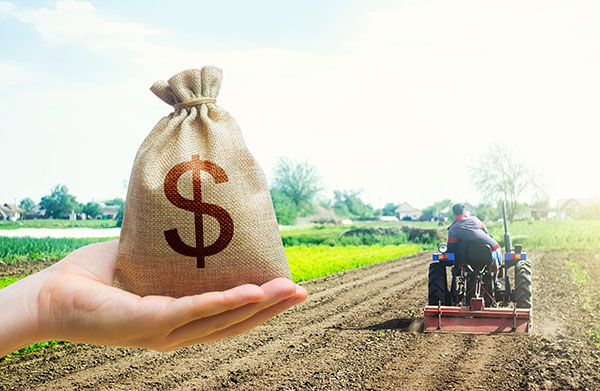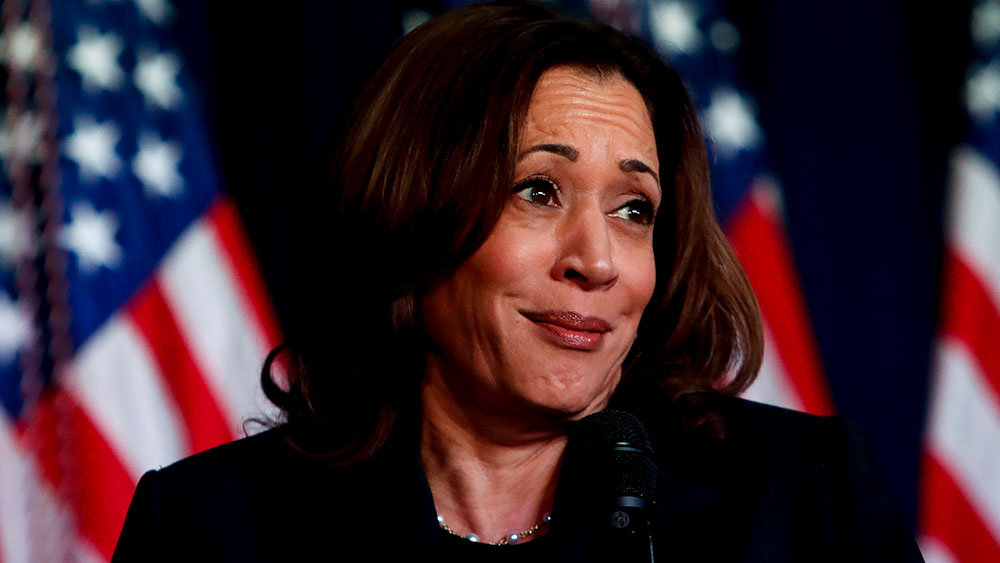 Parler
Parler Gab
Gab
Net-zero emissions policies lead to higher farming costs and grocery bills
According to the Buckeye Institute, a free-market think tank, American farmers will see farming costs rise at least 34 percent in compliance with net-zero emissions policies and corporate ESG. The report that Buckeye released earlier this year, also indicated that a family with an annual grocery bill of $8,320 will see it go up by 15 percent to $9,650 when the agricultural costs are already passed onto the consumer. American cheese will spike in price to an estimated 78 percent, beef 70 percent and sugar 43 percent. Consumer's Research campaign website features a video of Stephanie Nash, who helps run a dairy farm near Nashville, Tennessee. She said her family moved operations from California to Tennessee due to water availability concerns and burdensome regulations. This, of course, drove up the cost of the operation. In California, it is required for farms to have digesters, which reduce the methane given off by animal wastes. Nash said there's another problem with regulatory compliance. Her family worries if the government asks for more carbon credits, they have none to give. The dairies receive carbon credits for their digesters. Dairy farms across the U.S. are disappearing, Nash added, due to the high cost of operations. In fact, from approximately 75,000 dairies in the U.S. in 2003, there are approximately only 25,000 today. "ESG has been a big factor in how we can be as producers, how we as farmers and ranchers can produce food for America and the world," she said. Visit FoodCollapse.com for more stories on how globalists attack food supply via governments' ESG targets. Watch the video below where an expert on climate hoax talks about net zero being a lie. This video is from the Be Children of Light channel on Brighteon.com.More related stories:
JPMorgan Chase pulls out of “climate change” cartel; pundit expects to see more defections. Satanic billionaires are funding thousands of “journalists” to promote the global Net Zero depopulation agenda. Texas public schools fund pulls out $8.5 billion from BlackRock over ESG investing. REPORT: U.K. needs to spend additional $73 BILLION on power grid to meet net-zero targets for 2035.Sources include:
JustTheNews.com WEForum.org ESGKillsFarms.com Brighteon.comKamala Harris enlists the support of DRAG QUEENS for her presidential campaign
By Laura Harris // Share
Are the Olympics a trial run for a 1984 digital state?
By News Editors // Share
After creating “covid famine” in 2020, UN says it will somehow end world hunger by 2030
By Ethan Huff // Share
Governments continue to obscure COVID-19 vaccine data amid rising concerns over excess deaths
By patricklewis // Share
Tech giant Microsoft backs EXTINCTION with its support of carbon capture programs
By ramontomeydw // Share
Germany to resume arms exports to Israel despite repeated ceasefire violations
By isabelle // Share









